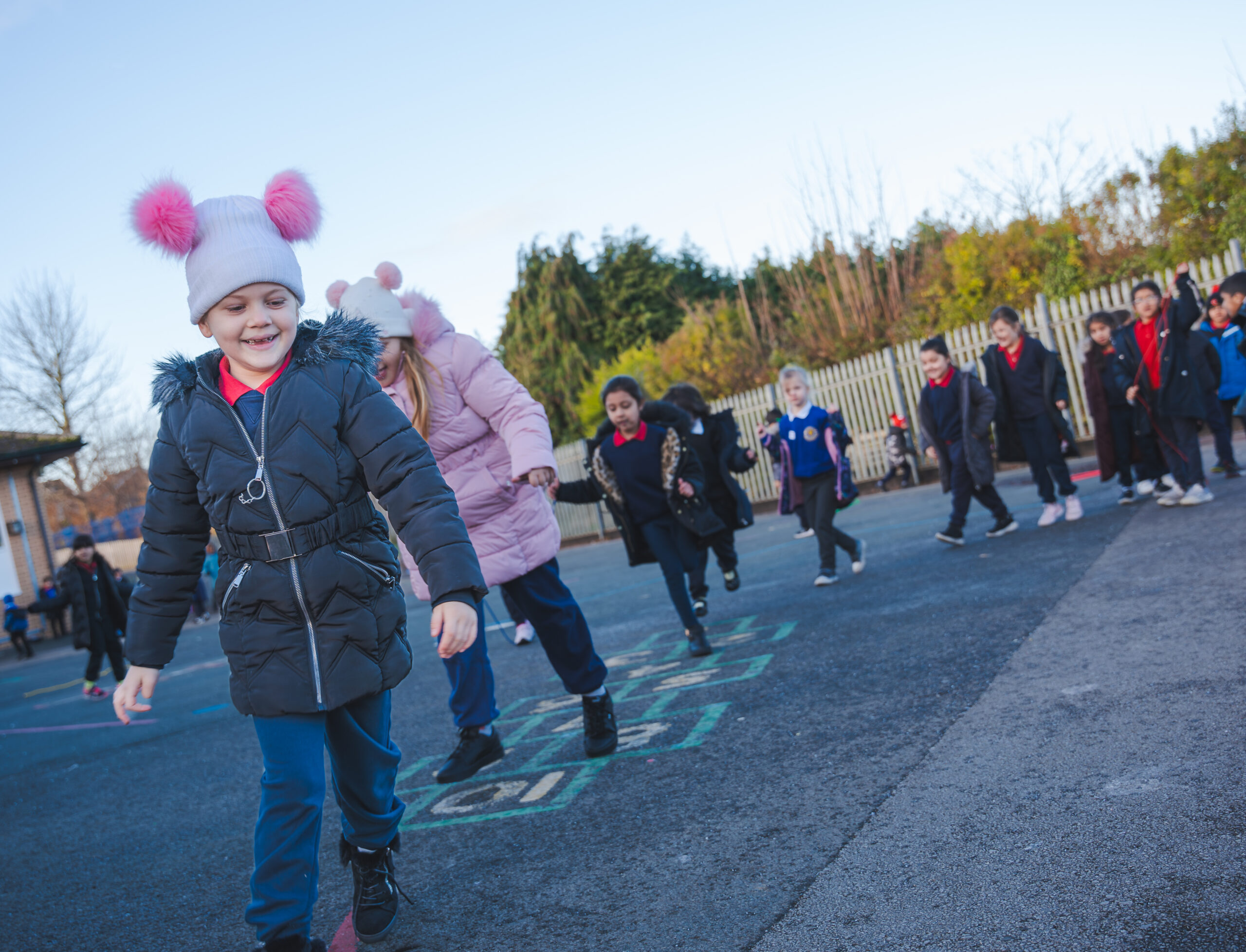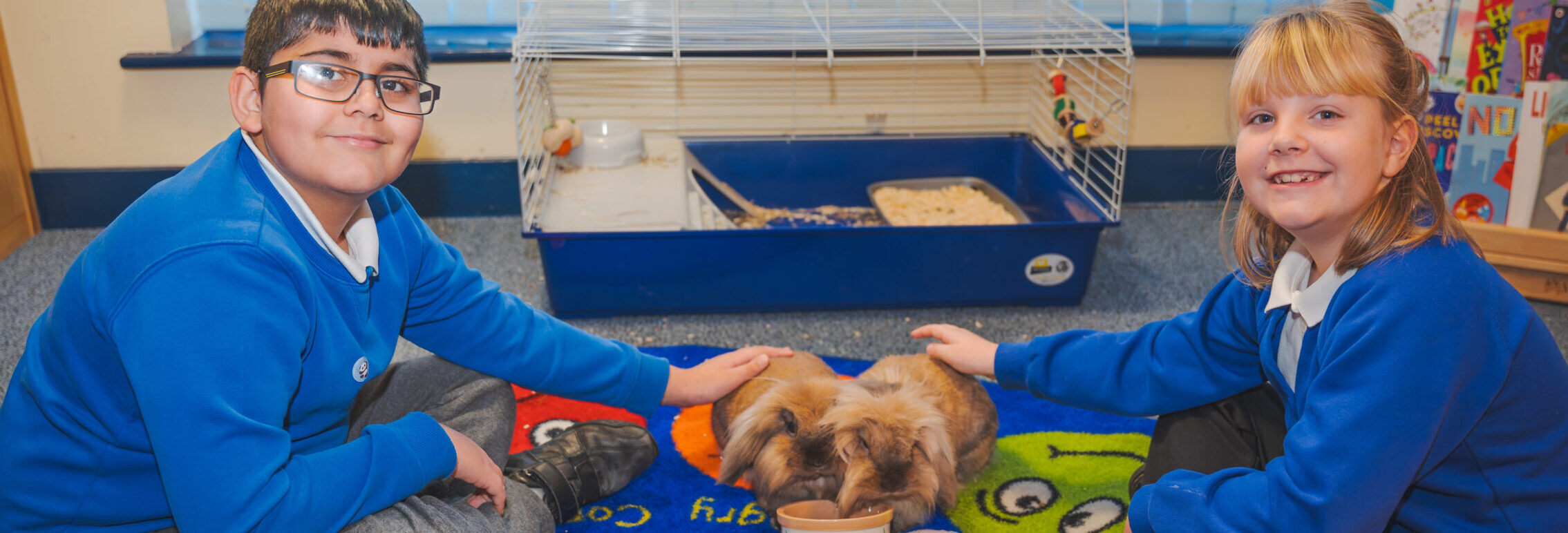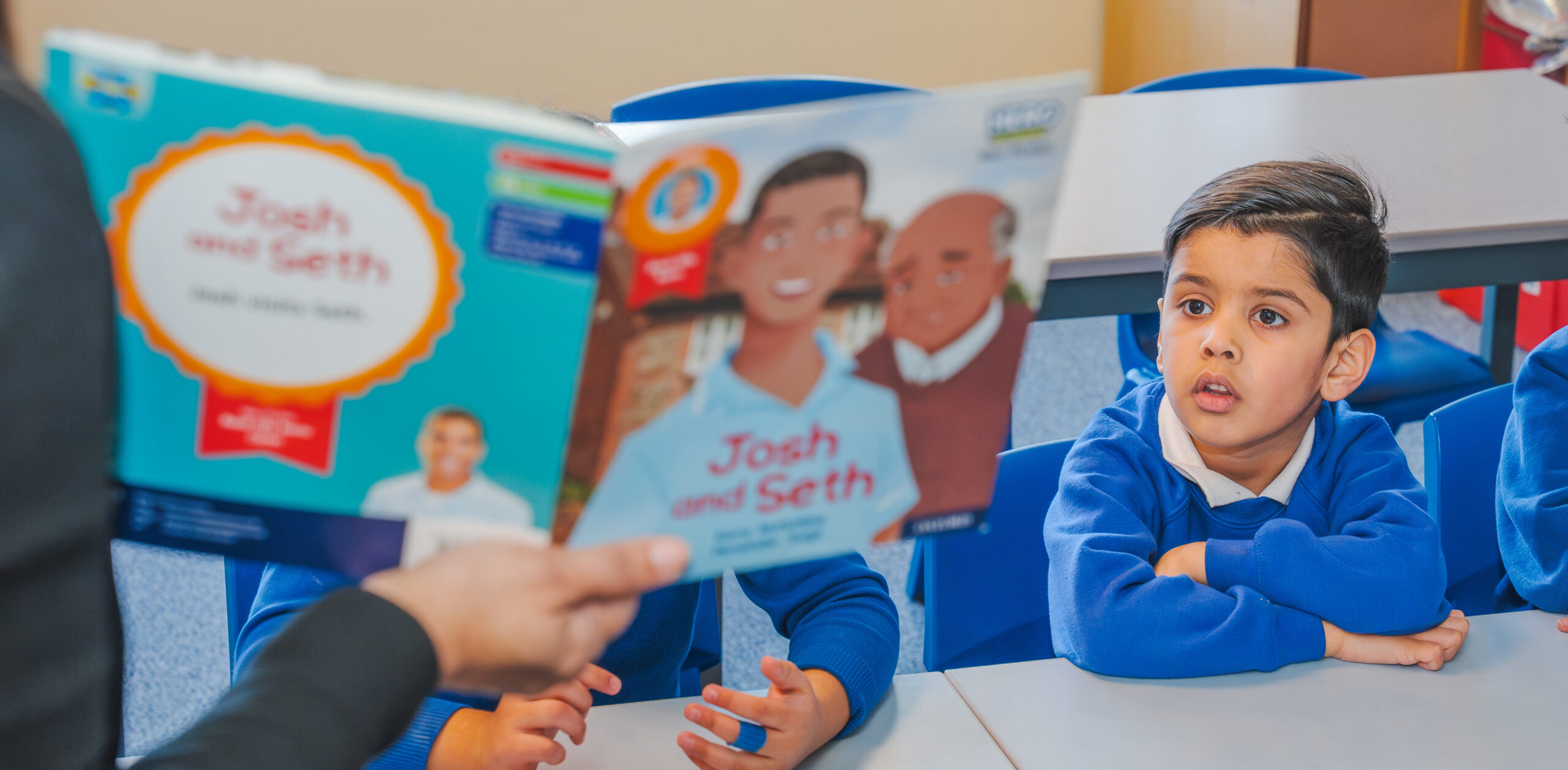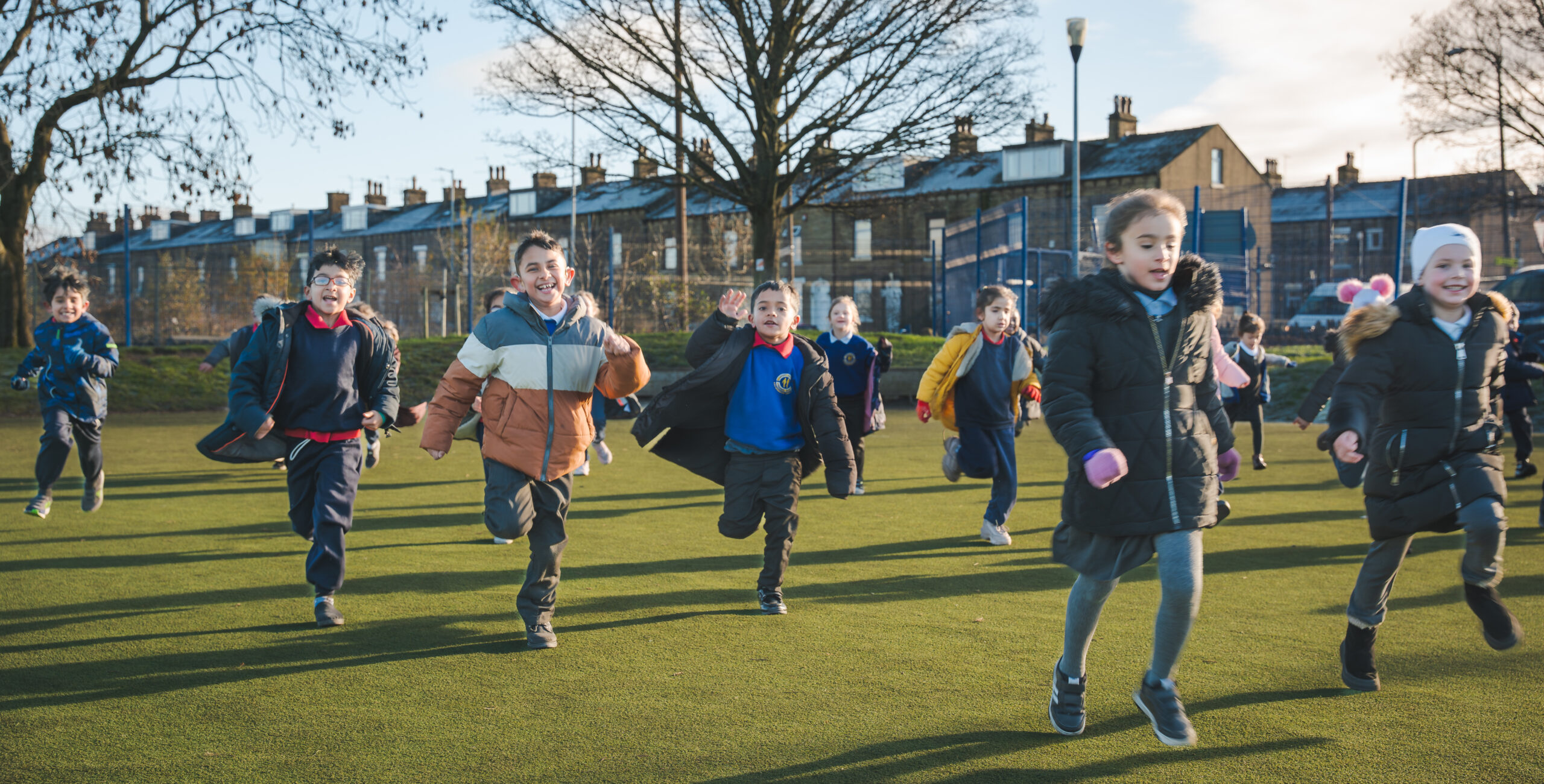Report a Safeguarding Concern
“Nothing is more important than children’s welfare. Every child deserves to grow up in a safe, stable, and loving home. Children who need help and protection deserve high quality and effective support.”
Safeguarding our pupils is our number one priority. Our Child Protection and Safeguarding policy is for all staff, parents, trustees, volunteers and the wider school community. It forms part of the safeguarding arrangements for our school and can be defined as:
- providing help and support to meet the needs of children as soon as problems emerge
- protecting children from maltreatment, whether that is within or outside the home, including online
- preventing impairment of children’s mental and physical health or development
- ensuring that children grow up in circumstances consistent with the provision of safe and effective care
- promoting the upbringing of children with their birth parents, or otherwise their family network through a kinship care arrangement, whenever possible and where this is in the best interests of the children
- taking action to enable all children to have the best outcomes in line with the outcomes set out in the Children’s Social Care National Framework.
We will always communicate any concerns we may have with you directly, where possible. We are aware that sometimes these conversations may be difficult but want you to know that we are having them with the best interests of your child at heart.
If you have concerns about any child please do not hesitate to act. Contact 999 if you feel the child may be in imminent danger. If you have general concerns please ensure they are communicated to one of the Designated Safeguarding Leaders within school, to any member of staff. The school telephone number is : 01274 579576. An automated message will give you instructions for reaching the Safeguarding Team. If no-one is immediately available, you will be able to leave a message.
The Safeguarding Team
Head Teacher: Louise Woffendin
Designated Safeguarding Lead: Huma Raza
Deputy Designated Safeguarding Leads: Sofia Yaqub, Emma Regan & Manjit Panesar
Designated Teacher for Looked After Children – Sofia Yaqub
Alternatively, these are the numbers that you can ring for advice and to make a referral:
- During office hours (8.30am – 5pm Monday to Thursday, 4.30pm on Friday) call Children’s Social Services Initial Contact Point on 01274 433999
- At all other times, Social Services Emergency Duty Team on 01274 431010
- If you have reason to believe that a child is at IMMEDIATE RISK OF HARM, contact the police on 999
- For all general enquiries, please contact Children’s Specialist Services on 01274 433999
NSPCC Helpline: 0808 800 5000
Childline: 0800 1111
School Guidance Documents
Safeguarding Prompt for New Staff – LGPS
Statutory Guidance Documents
Summary of Working together to Safeguard Children 2023
Working Together to Safeguard Children Guidance 2023
Advice and Guidance on Sharing Nudes and Semi-Nudes
Responding to incidents involving the sharing of Nudes and Semi Nudes






